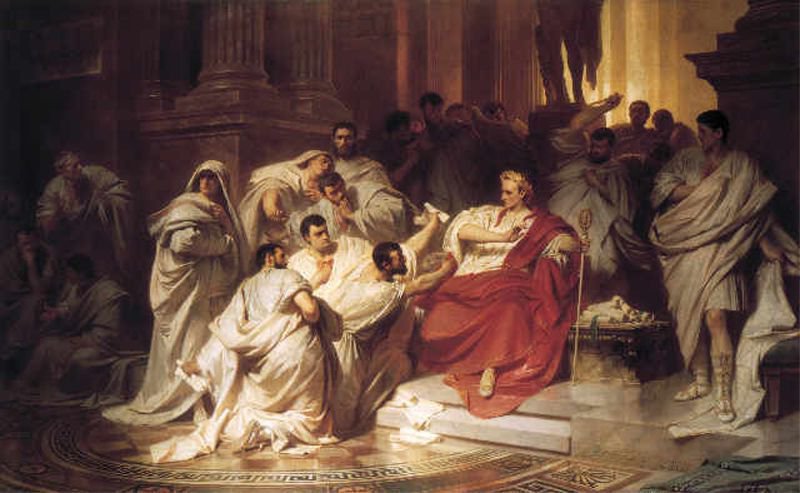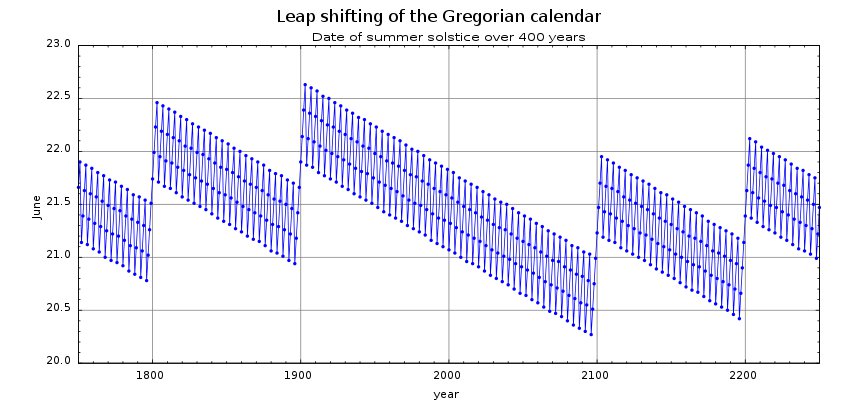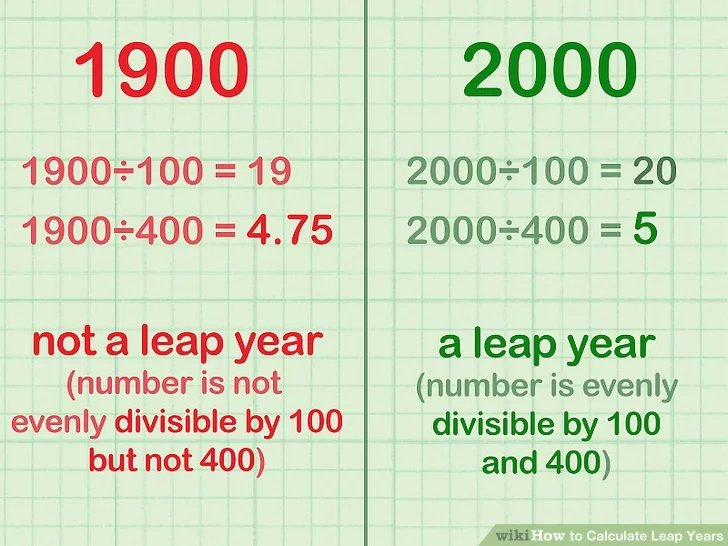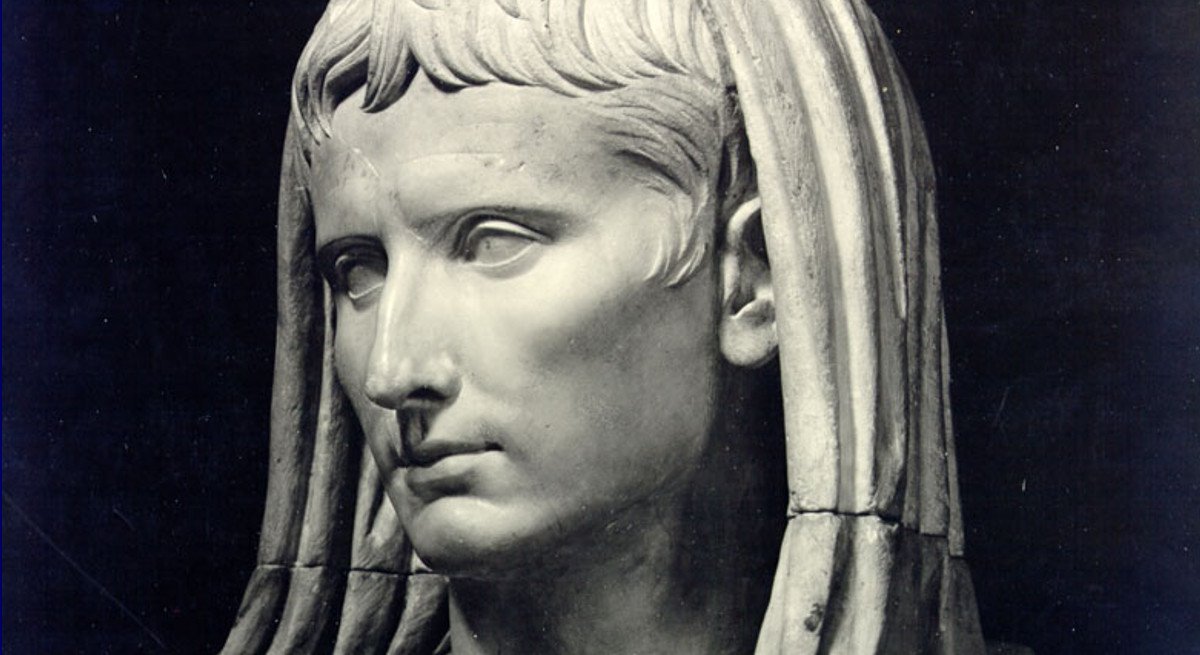Why? Since, Earth takes 365 days 5 hours 48 minutes and 46 seconds to revolve around the Sun completely, an extra day is added after every four years to keep the human calendar in sync with the seasons.

Even the year 2020 is a leap year. It has 366 days, which means, February has 29 days instead of 28.
And, if an extra day is not added after every four years, without correction, the human calendar would be off by one day after every 4 years and it would be off by 25 days after 100 years. So, February 29 is known as the leap day.

Wondering, who came up with this idea?
This concept was first introduced in the Julian Calendar in 46 B.C. by Julius Caesar at the advice of Sosigenes, an Alexandrian astronomer. However, February 29 was not added on the Julian calendar, instead, February 23 was repeated every four years.


Why, so? This was done to stabilize the calendar over a period of thousands of years and was necessary because we also have solar years that are less than 365.25 days.
So, to make things simpler, according to the rules the Gregorian calendar, leap years will occur during the following years:
2020 2024 2028 2032 2036 2040 2044 2048 2052 2056 2060 2064 2068 2072 2076 2080 2084 2088 2092 2096 2104 2108 2112 2116 2120 2124 2128 2132 2136 2140 2144 2148 2152…

But, where does the phrase leap year come from?
The years that have 365 days are termed as common years. And, fixed dates advance one day in the week per year.
So, for example, if Christmas fell on a Tuesday, in 2018, it will fall on a Wednesday in 2019. But, during a leap year, in 2020, Christmas will lap over Thursday and fall on a Friday. That’s where it gets its name from.

Now, you may ask why February is chosen as the month for the leap year? It is said that February was chosen as the month to have the leap day as it is the only month without 30 or 31 days.

So, he decided to take two days off February for the benefit of August. And, that’s how February started having 28 days on common years.
And, because this happens once in every four years, many people believe that this day (29th February) holds significant power, which is why, there are folk traditions followed by many countries on this day.
Here are some traditions, folklore and superstitions attached to the leap year around the globe:
In Finland, if a man refuses a woman’s proposal on leap day, he has to buy her the fabrics for a skirt. Marriage in a leap year is considered unlucky in Greece. On an average, 1 out 5 couples avoid getting married during a leap year.

In Ireland and Britain, it is believed that women may propose marriage only in leap years. And, in Scotland, it was considered unlucky for someone to be born on leap day.
Of course, if you are born on 29th February your legal date of birth will be treated as March 1 or 28 February on non-leap years.
Here’s a video of Neil deGrasse Tyson explaining the leap year:
So, now you know the whole history behind the leap year and how it came into existence. Intersting, right?

















